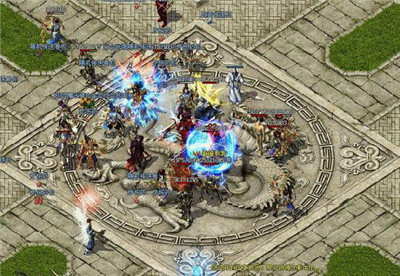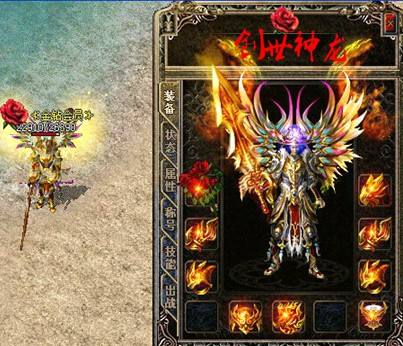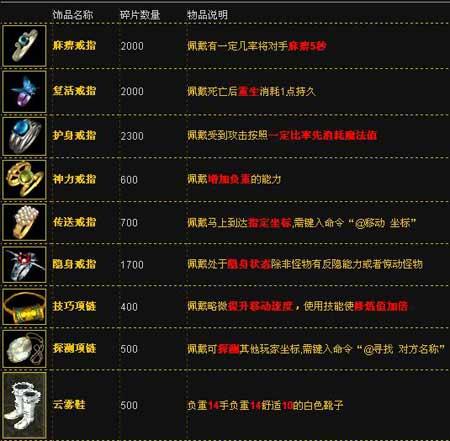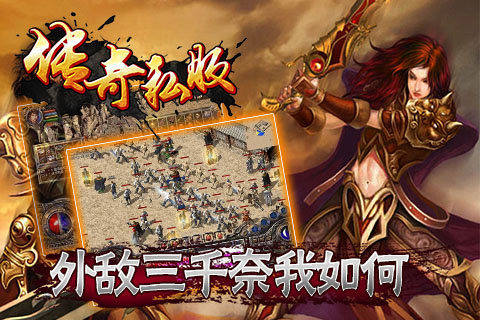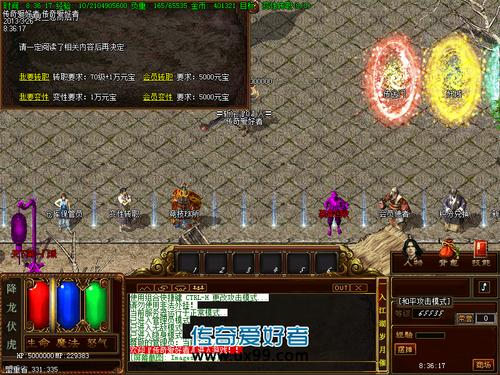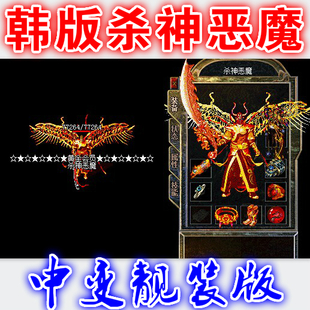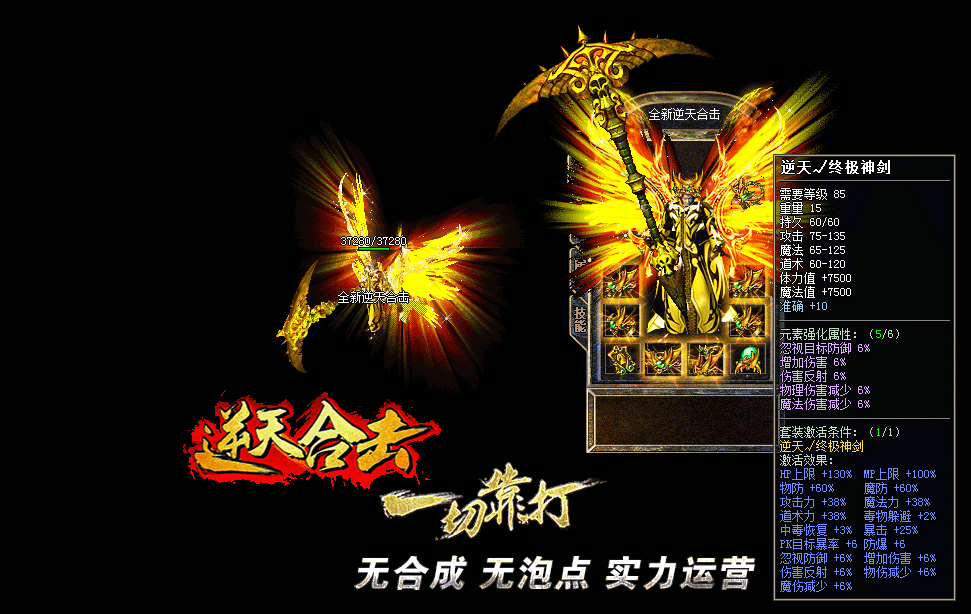免费刀刀切割单职业: 刀刀切割游戏玩法与技巧解析
星期三 2024年9月25日 admin 装备介绍 免费刀刀切割单职业 0人
176复古精品版: 它的魅力与游戏体验
星期二 2024年9月24日 admin 装备介绍 176复古精品版 0人
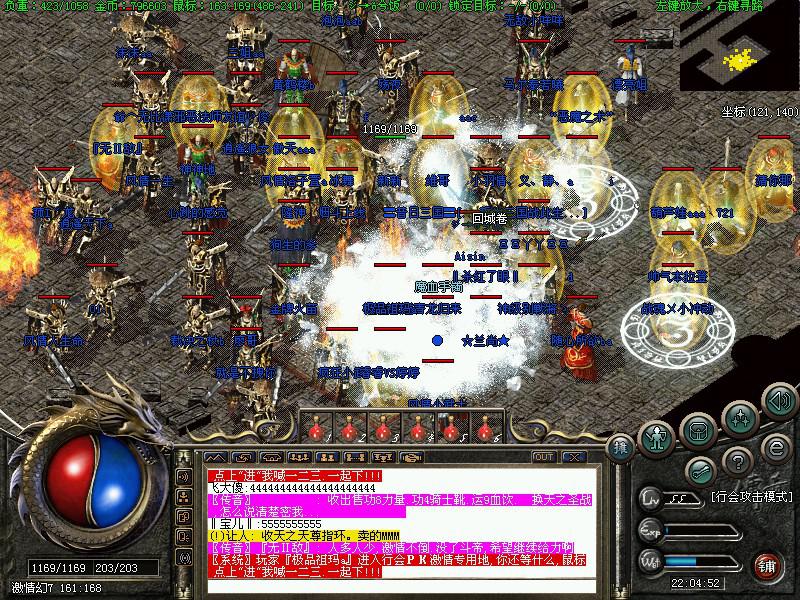
176复古精品版: 它的魅力与游戏体验
在众多的经典游戏版本中,176复古精品版无疑以其独特的魅力吸引了众多玩家。这款游戏不仅继承了前代优秀的玩法和设定,同时加入了现代化的元素,让老玩家重温经典的同时,也能吸引新一代玩家的加入。176复古精品版通过精致的画面设计、丰富的剧情和多样的玩法,为大家带来了不同寻常的游戏体验。
在176复古精品版中,玩家能够体验到更为细腻的画面和流畅的操作。与之前的版本相比,这一版本在视觉效果方面进行了重大升级。高质量的资源和优化的引擎让游戏的每一个细节都显得更加生动。复古的游戏风格与现代化的界面设计相结合,为玩家展现了一个充满魅力的游戏世界。在角色设计和场景打造方面,176复古精品版都展现了精湛的工艺,让玩家沉浸在这个充满冒险与挑战的环境中。
Chuanqi: Understanding the Term and Its Cultural Significance
星期一 2024年9月23日 admin 装备介绍 chuanqi 0人
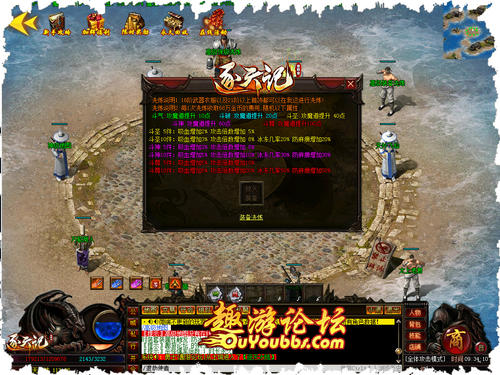
Chuanqi: Understanding the Term and Its Cultural Significance
Chuanqi, a term deeply embedded in Chinese history and culture, translates to "legend" or "tale" in English. This term not only describes an array of narratives often steeped in folklore but also encapsulates the essence of storytelling that has been a crucial part of Chinese literature for centuries. These legends typically explore themes of love, sacrifice, conflict, and morality, resonating with audiences and sometimes reflecting the socio-political climate of the times. As we delve into the heart of chuanqi, we will uncover its historical roots, narrative styles, and its continuing relevance in modern media.
1.80合击传奇:传奇游戏、合击玩法、80版本
星期日 2024年9月22日 admin 装备介绍 1.80合击传奇 0人
我本沉默私服:探索这款经典游戏的魅力
星期六 2024年9月21日 admin 装备介绍 我本沉默私服 0人
1.80传: Understanding the Significance of 1.80 in Gaming, Strategy, and Player Communities
星期五 2024年9月20日 admin 装备介绍 1.80传 0人
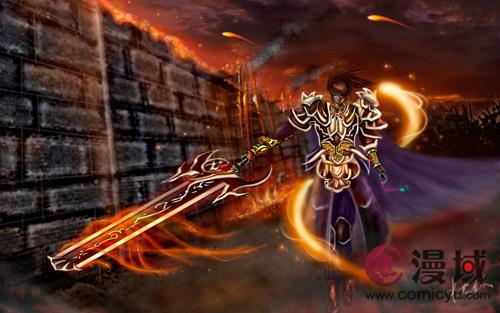
1.80传: Understanding the Significance of 1.80 in Gaming, Strategy, and Player Communities
Exploring the Concept of 1.80 in Gaming
The term "1.80" has recently carved out a notable presence in gaming communities, especially among players engaged in MMORPGs (Massively Multiplayer Online Role-Playing Games) and unique multiplayer experiences. This number often represents a version or update of a game, indicating a specific build that players engage in. For instance, many games release their updates in numbered formats like 1.80, with enhancements and new features that directly influence gameplay mechanics, balancing, and available content. Such updates can include improved graphics, new quests, patches for bugs, and modifications to character abilities. As players dive into the world of gaming, understanding the nuances of version numbers like 1.80 becomes pivotal, as they dictate what players can expect in terms of gameplay experience and community engagement.
